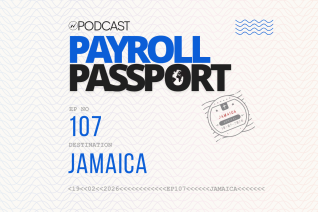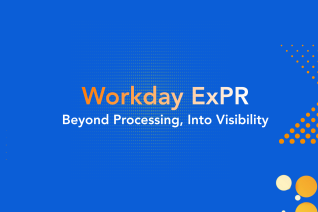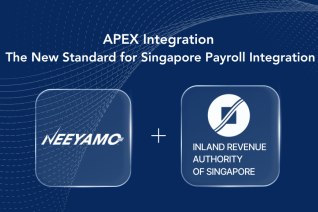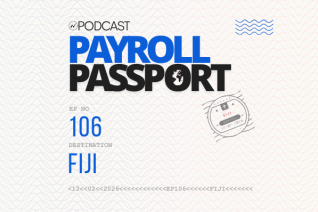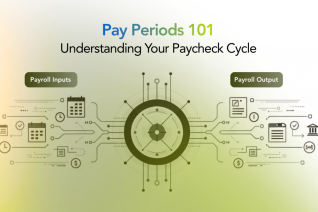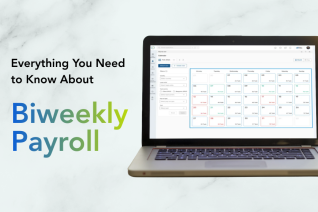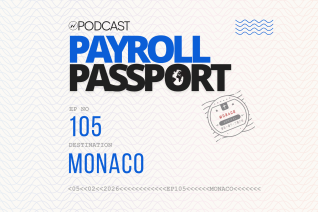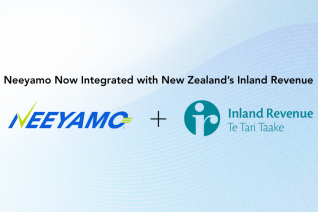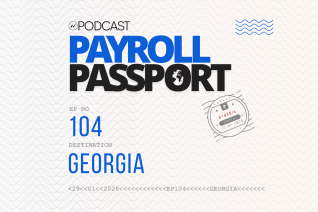Country Spotlight: Employer of Record in Kenya

From the Great Rift Valley to bustling Nairobi, Kenya stands as one of Africa’s most dynamic economies. With thriving industries in agriculture, manufacturing, and services, Kenya continues to attract organizations looking to expand into Eastern Africa. Yet, hiring in Kenya comes with its own complexities, from payroll taxes to onboarding compliance. That’s where an Employer of Record (EOR) becomes your strategic partner.
Why Kenya?
Bordered by Ethiopia, South Sudan, Uganda, Tanzania, and Somalia, Kenya offers both geographic and economic advantages for global companies. With its bilingual workforce (Swahili and English), developing infrastructure, and diverse industries, the country is an attractive location for expansion into East Africa.
For organizations without a local entity, however, hiring can be challenging. Neeyamo helps you onboard and manage employees in Kenya by handling payroll, compliance requirements, statutory contributions, and more, ensuring your business can focus on growth.
Payroll and Compliance in Kenya
Payroll Taxes
Payroll tax is deducted from employee salaries and remitted to the government for public welfare. Both employers and employees contribute to statutory schemes that provide benefits for both short-term and long-term needs.
Effective July 1, 2025, gratuity payouts from both public and private sectors will be exempt from income tax. Additionally, the daily subsistence allowance for private sector employees who travel outside their regular workplace has been increased from KES 2,000 to KES 10,000.
Employee Taxes (2025)
- Tier 1 (Lower Limit): Increased from KSh 7,000 to KSh 8,000 (minimum contribution KSh 480).
- Tier 2 (Upper Limit): Increased from KSh 36,000 to KSh 72,000.
- Contribution rate: 6% of the upper limit less the lower limit (maximum contribution KSh 3,840).
- NHIF: KES 1,700 (or 2.75% per month with a minimum of KES 300, effective July 1, 2024).
ALSO READ | Kenya: A Guideline to Payroll and Employer of Record
Personal Income Tax (from July 2024):
- First KES 288,000 – 10%
- Next KES 100,000 – 25%
- Next KES 5,612,000 – 30%
- Next KES 3,600,000 – 32.5%
- Income above KES 9,600,000 – 35%
Employer Taxes
- National Social Security Fund (NSSF): KES 200
- National Industrial Training Levy (NITA): KES 50 per employee
- Effective July 1, 2025: Employers must automatically apply eligible tax reliefs and deductions when calculating PAYE.
Payroll Cycle
Compensation for casual employees is structured on a daily or weekly payment schedule. In contrast, permanent employees are paid on a monthly basis, with payments processed by the final working day of each month.
Minimum Wage in Kenya
- Unskilled employees: Sh7,997 per month (Sh335/day).
- Stockmen & herdsmen: Sh9,235 per month (Sh391/day).
- House servants/cooks: Sh9,129 per month.
- Farm foremen/clerks: Sh14,427 per month.
- Other skilled roles (e.g., artisans, drivers): Sh9,000–Sh11,000 per month.
Overtime Regulations
During weekdays, employees are paid at 1.5 times their regular hourly rate, while work performed on Sundays and public holidays is compensated at double the standard hourly rate.
Hiring & Onboarding in Kenya
Hiring Practices
Kenya’s Employment Act prohibits discrimination, while allowing affirmative action, job-specific requirements, or restrictions for roles related to state security.
Onboarding Requirements
A comprehensive set of documents is required for employment, including a National ID card, an NHIF (National Hospital Insurance Fund) card, an NSSF (National Social Security Fund) card, a KRA (Kenya Revenue Authority) PIN certificate, and proof of a bank account. For specific purposes such as loans, pensions, or insurance, additional documentation may be necessary. Furthermore, expatriate employees must provide a valid work permit and an Alien ID.
Probation
The initial period is for a maximum of 6 months. This can be extended for an additional 6 months, provided the employee gives their consent.
TUNE IN NOW | Payroll Passport Ep 32. Kenya
Employee Benefits & Leave
- Public Holidays: 13 official holidays (e.g., New Year’s Day, Labour Day, Mashujaa Day, Jamhuri Day, Christmas, etc.).
- Sick Leave: 14 days annually (7 days full pay, 7 days half pay; after 2 months’ service and with a medical certificate).
- Maternity Leave: 91 days at 100% pay (with 7 days’ notice + medical certificate).
- Paternity Leave: 2 weeks paid.
- Adoption Leave: 1 month full pay (with 14 days’ notice and adoption papers).
Termination & Severance
- Notice Period: 28 days (or longer if specified in contract/collective agreement).
- <5 years’ service = 1 month.
- 5 years’ service = 2 months.
- Severance Pay: 15–30 days’ salary for every completed year of service.
- Employers rehiring after redundancy must prioritize previously declared redundant staff.
Data Retention & Background Checks
Employers are required to maintain tax and social records for a minimum of five years. Furthermore, any background checks conducted are permissible only if they comply with the provisions of Kenya’s Data Protection Act and uphold the privacy of the employee.
Why Use an Employer of Record in Kenya?
- Hire employees without opening a local entity.
- Manage payroll taxes, health insurance, and benefits.
- Ensure compliance with labor, tax, and data laws.
- Focus on operations while the EOR handles HR complexities.
Why Choose Neeyamo for Your EOR Needs?
Neeyamo helps you hire talent in 150+ countries, including Kenya. We simplify global hiring so you can focus on growing your business.
Worried about compliance? We’ve got you covered.
Worried about costs? No need for a local entity, we handle it.
Worried about errors? We reduce risks and avoid fines.
Too many HR tasks? From day one to the last day, we manage it all.
Need support? 24/7 service in 50+ languages.
Neeyamo? Your key to effortless global expansion.
Latest Resources
Stay informed with latest updates
If you're curious and have a thirst for knowledge pertaining to the HR, payroll, and EOR universe, don't miss out on subscribing to our resources.





